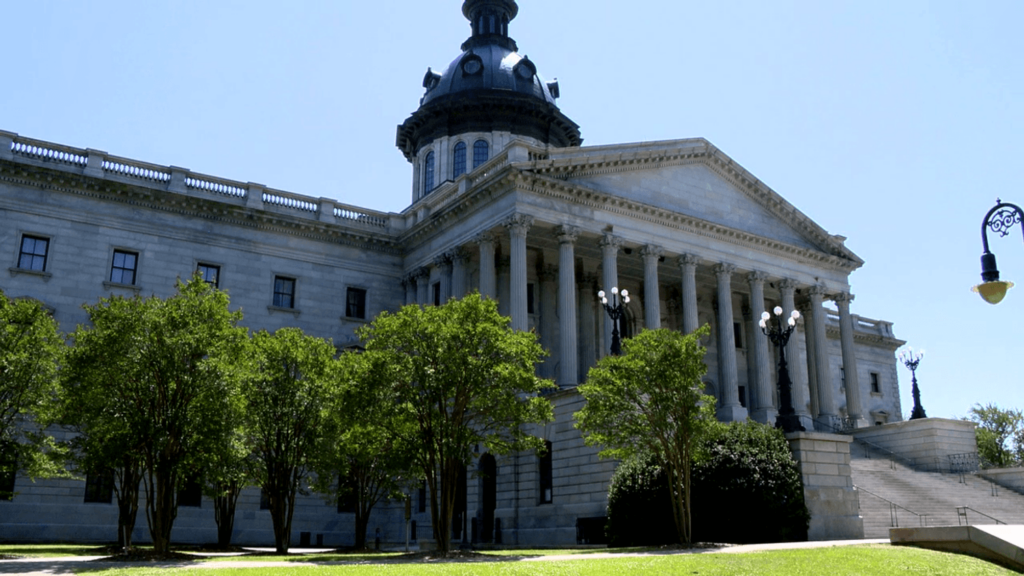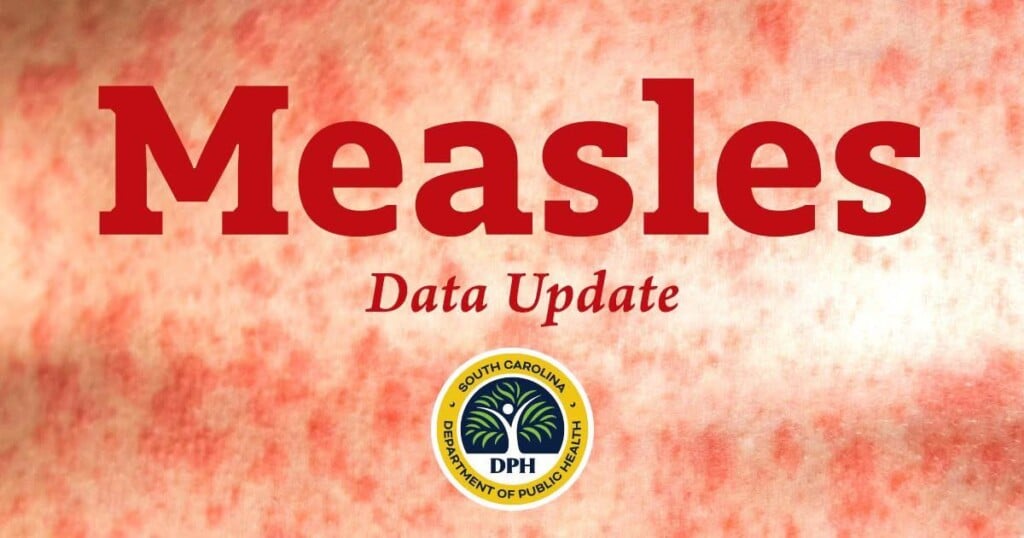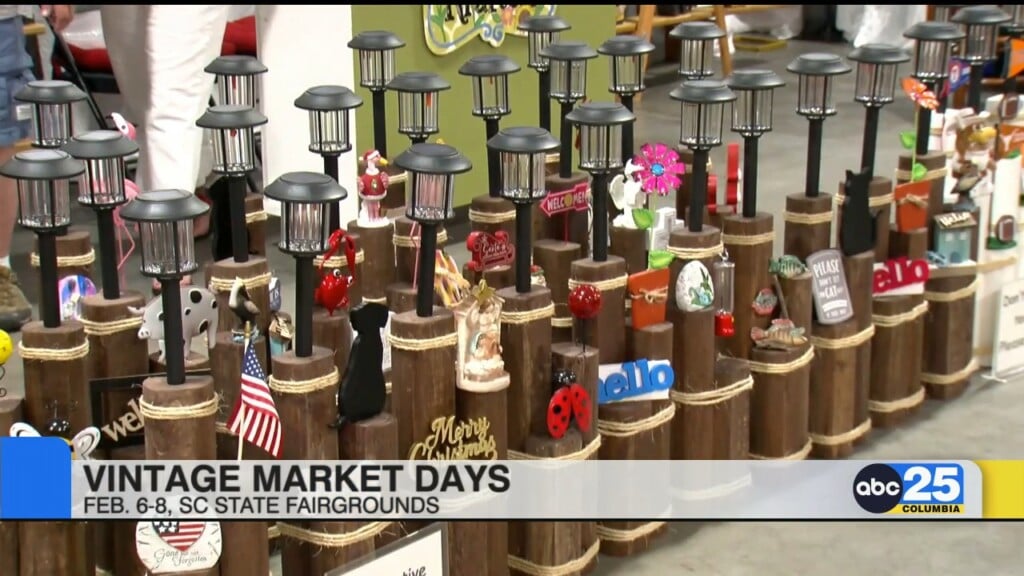USC archaeology program explores Columbia’s past
COLUMBIA, SC (WOLO) — With such a rich history, South Carolina is home to many historical artifacts with ties to the past.
Some of those are still being discovered today.
“It’s been fun. It’s been enjoyable. I’ve learned a bunch of stuff over the last 6 weeks,” said USC anthropology student Jess Busa.
The University of South Carolina’s archaeology field day program combines students and educators from across the state who learn more about the state’s history by digging through it.
“We are here with a student archaeology class. The students have been learning archaeological methods. They’re not just learning how to do it but also the history of the park,” said Kelly Goldberg with the USC anthropology department. “A lot of people know Sesquicentennial State Park as a recreational facility but we’re having the students dive into its cultural history.”
Sesquicentennial State Park was created in 1937, but was previously a plantation site as well as home to many tenant farmers in the 19th century.
“We’ve been looking for remnants of tenant homes from the 1880s, prior to this being a park,” Busa said.
“Some of the artifacts we’ve found tell about the lives of the people who were living there. We’ve found pottery, glass bottles, brick, nails and things like that,” Goldberg said. “What were their lives like? What were they growing in these fields? What kinds of objects were they using?”
Wednesday, members of the public came out to the excavation site to learn more about the work being done at the state park.
“We had some technology demonstrations of the tools that we use in the field. We have artifacts on display,” Goldberg said. “We’ve encouraged people to interact and find out what archaeology actually is.”
USC archaeology students have dug at historical sites across the state including Rose Hill Plantation.
“I think it’s all interesting and tells history that needs to be told,” Busa said.
Busa is retired from the Air Force and hopes to use her new archaeological skills as a forensic anthropologist.
“It’s all new skills,” she said. “I’m also working on a degree in criminal justice. I’m going to combine the two and do something forensic anthropology wise.”


